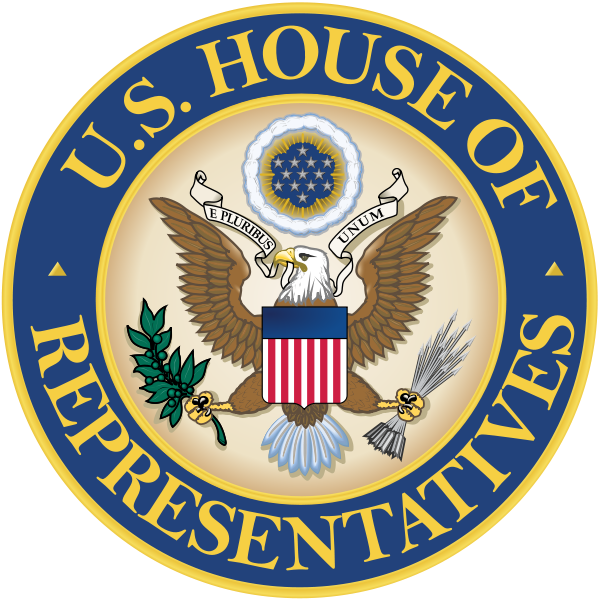Congress Adopts 2018 Budget Resolution; Paves the Way for Tax Reform

Earlier today, by a margin of 216 to 212, the House of Representatives approved the Fiscal Year (FY) 2018 Budget Resolution, as passed by the Senate on October 19. By adopting the Senate’s Budget Resolution, the House avoided the need for a conference committee to work out differences between the House– and Senate–passed versions of the Budget Resolution.
The adoption of a FY 2018 Budget Resolution by both houses of Congress is one of the first key steps in advancing tax reform legislation, as it provides reconciliation protection to tax reform, allowing it to pass the Senate without being subject to a filibuster–thus requiring only a simple majority vote. The final FY 2018 Budget Resolution allows for up to $1.5 trillion in net estimated revenue loss from a tax reform bill. It sets total FY 2018 spending limits of $516 billion for non-defense discretionary spending and $549 billion for defense spending, consistent with the spending limits established by the 2011 Budget Control Act.
House and Senate tax-writers are readying to move tax reform quickly now that Congress has approved the Budget Resolution. The House Ways and Means Committee has announced it will release its tax reform legislation on November 1, followed by a Committee mark-up of that legislation the week of November 6 and floor consideration the week of November 13. The Senate Finance Committee is also finalizing the details of its bill, which it could mark up as early as the week of November 13, followed by floor consideration soon after.
NCSHA is continuing to advocate that tax reform legislation not only preserve both the Housing Credit and tax-exempt private activity Housing Bonds, but also make them even more effective by adopting the changes proposed in the Affordable Housing Credit Improvement Act, S. 548 and H.R. 1661, including the Senate bill provision to increase Credit authority by 50 percent. We urge all Housing Credit and Bond stakeholders to weigh in with their members of Congress in support of these programs and this legislation at this critical juncture.
Contact NCSHA’s Jennifer Schwartz with questions.

